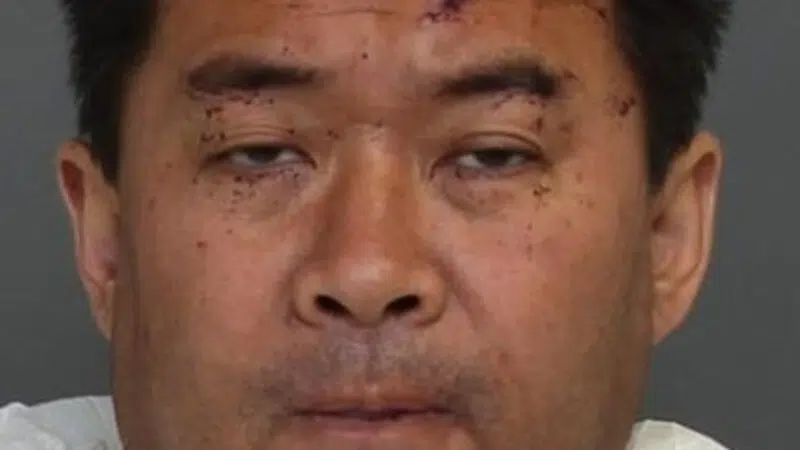
Premier wants answers on mental health detainee who fled, calls man a ‘nutcase’
TORONTO — Ontario’s premier vowed Thursday to get answers on how a patient detained at a mental health hospital for killing his roommate managed to flee, calling the man a “nutcase,” as two organizations involved launched internal reviews.
Zhebin Cong, who was found not criminally responsible for the death of his roommate, had been on an unaccompanied trip into the community from the Centre for Addiction and Mental Health on July 3 when he failed to return, the hospital said.
CAMH said it reported the 47-year-old’s disappearance later that day to police, who issued a notice asking for the public’s help in finding the man nearly two weeks later. Cong has since fled the country and police say they are working with international law enforcement agencies to track him down.
Police have said CAMH told them Cong presented a low risk to public safety, but the Ontario Review Board, which evaluates the status and assesses the risk of anyone found not criminally responsible, said in its most recent decision in April that he continued to pose a significant threat to public safety.

